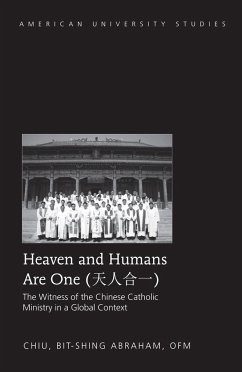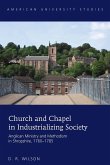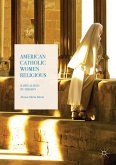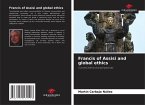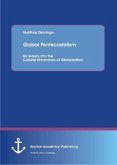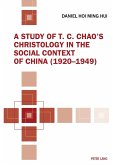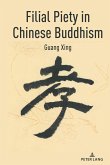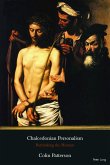When religious and political leaders debate the question of establishing diplomatic relations between the Vatican and China, they frequently misunderstand that religious relation inevitably intertwines with politics. For instance, the Vatican has to terminate any diplomatic relation with Taiwan if reconciliation is to be considered between the Vatican and the Chinese Catholic Church (CCC). Religious relation, nevertheless, exceeds this conditional requirement. This book opens a window to globalization of the CCC, though for its survival, it still has to shelter under the umbrella of the Beijing government. There is in fact a bridge to connect the Vatican and the CCC in a religious way, i.e., communion and inclusiveness. The ministry of the Chinese Catholic Spiritual Center, thus, is to create possible channels for mutual understanding between the two. The author raises a crucial question whether the Vatican would separate the political management from religious leadership in order that new hope for reconciling the Vatican to the CCC through religious communion can be prospected.

